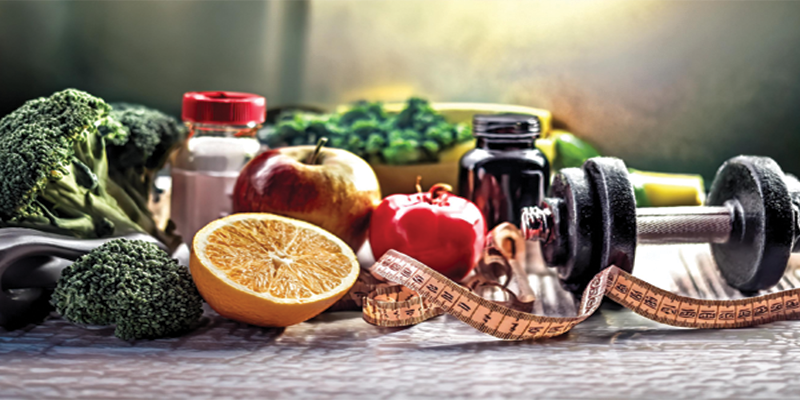Pulse of Information
Stay updated with the latest news and insights.
Fueling Gains: Eat Like an Athlete
Unlock your inner athlete with game-changing nutrition tips to fuel your gains and supercharge your workouts!
Top 10 Foods Every Athlete Swears By for Optimal Performance
As every athlete knows, nutrition plays a crucial role in enhancing performance and recovery. Here, we've compiled the Top 10 Foods Every Athlete Swears By to help you optimize your training regimen. From energy-boosting snacks to recovery staples, these foods are not only delicious but packed with the essential nutrients that athletes need. Whether you're a seasoned professional or just starting out, integrating these power-packed foods into your diet can make a marked difference.
- Quinoa: Packed with protein and fiber, quinoa is an excellent source of complex carbohydrates, providing the sustained energy athletes require.
- Sweet Potatoes: Loaded with vitamins A and C, sweet potatoes are a great source of potassium, essential for muscle function.
- Greek Yogurt: This protein-rich snack is perfect for post-workout recovery, helping to repair muscles.
- Spinach: High in iron, spinach boosts energy levels and aids in oxygen transport in the body.
- Bananas: A favorite among athletes for their quick energy boost and potassium content to prevent cramps.
- Almonds: Packed with healthy fats and protein, almonds make for a great on-the-go snack.
- Oats: A breakfast staple for energy, oats provide lasting fuel for morning workouts.
- Salmon: Rich in omega-3 fatty acids, salmon is vital for reducing inflammation after intense training sessions.
- Chickpeas: A perfect plant-based protein source, chickpeas are versatile and filling.
- Blueberries: High in antioxidants, blueberries help in reducing muscle soreness and speed up recovery.

How to Fuel Your Workouts: Essential Nutrients for Peak Athletic Performance
To achieve peak athletic performance, it's essential to understand the role of various nutrients in fueling your workouts. A well-balanced diet should include a mix of carbohydrates, proteins, and fats, as each serves a crucial function. Carbohydrates are the body's primary energy source, providing the necessary fuel for both endurance and high-intensity training. Focus on complex carbs like whole grains, fruits, and vegetables to maintain energy levels throughout your workout.
In addition to carbohydrates, proteins play a vital role in muscle repair and growth. Incorporating lean protein sources such as chicken, fish, and legumes can help replenish and build muscle after intense sessions. Healthy fats are also significant, as they provide long-lasting energy and support hormonal balance. Aim to include sources like avocados, nuts, and olive oil in your diet. By paying attention to these essential nutrients, you can enhance your athletic performance and get the most out of your workouts.
What's the Best Meal Plan for Building Muscle?
When it comes to building muscle, a well-structured meal plan is essential for optimizing your results. A balanced diet should include a combination of macronutrients: proteins, carbohydrates, and fats. Aim for a protein intake of about 1.6 to 2.2 grams per kilogram of body weight daily, focusing on lean sources such as chicken, fish, legumes, and dairy. Carbohydrates are equally important, as they provide the energy needed for intense workouts. Good sources include whole grains, fruits, and vegetables. Don't forget healthy fats, which are crucial for hormone regulation; sources include avocados, nuts, and olive oil.
To create an effective muscle-building meal plan, consider structuring your meals around your workout schedule. For example, have a carbohydrate-rich meal 1-2 hours before training to fuel your session, and consume a protein-rich meal within 30 minutes post-workout to aid recovery. Here’s a simple sample meal plan:
- Breakfast: Scrambled eggs with spinach and whole-grain toast
- Lunch: Grilled chicken breast with quinoa and steamed broccoli
- Dinner: Salmon with sweet potatoes and a mixed salad
- Snacks: Greek yogurt and a handful of almonds
Being consistent with your meal plan while adjusting portion sizes based on your progress is key to achieving your muscle-building goals.